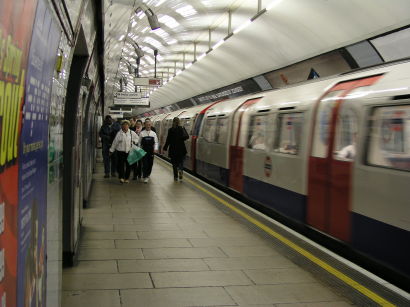The PPP Arbiter has dismissed most of the claim by Underground contractor Tube Lines for an increased budget, reducing the total by more than £1 billion to £4.4 billion. Tube Lines, which had called for £5.75 billion, said the settlement being proposed is not enough, and that it disagrees with the Arbiter's conclusions. A similar disagreement over the amount of funding available to maintain and renew the Underground led to the collapse of Metronet in 2007.
In his ruling, the Arbiter Chris Bolt explains that the calculations were done for a 'notional Infraco'. He said: "Notional Infraco costs will be significantly lower than projected by Tube Lines, but somewhat higher than projected by London Underground."
Tube Lines chief executive Dean Finch responded: "A settlement at this level is not conducive to private sector involvement in the Underground, nor does it reflect the reality of the Underground working environment. The Arbiter recognises that LU is a difficult client, but rather than including a costed assessment of that impact, he expects Tube Lines to cover its costs by making claims against LU now and more in the future. The Arbiter has acknowledged even at this level that LU has a stark choice to make - either to do less work or raise additional finance."
There is still a possibility of a settlement, because this is a draft direction and will not be confirmed for six weeks. But the situation is similar to a ruling by the Arbiter in summer 2007, which led to the collapse of Metronet and the return of most Underground maintenance to Transport for London control.
Tube Lines is currently maintaining and renewing the Jubilee, Northern and Piccadilly lines. The contractor had already been facing criticism after its work on upgrading the Jubilee fell behind schedule.
PPP Arbiter's decision triggers Tube Lines crisis
17th December 2009


